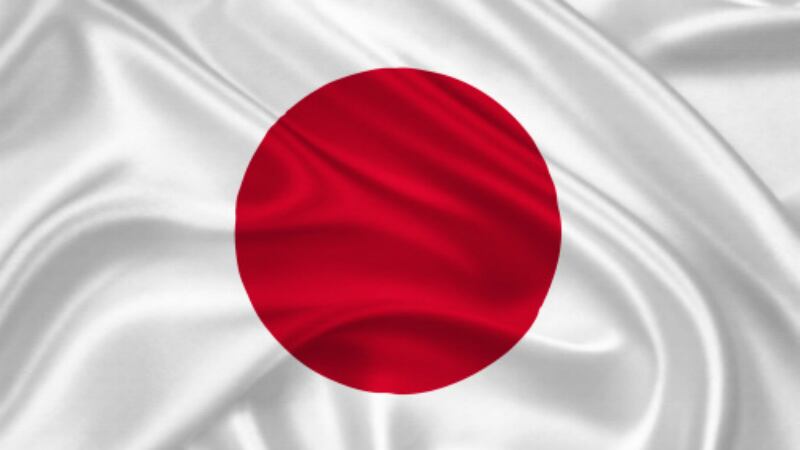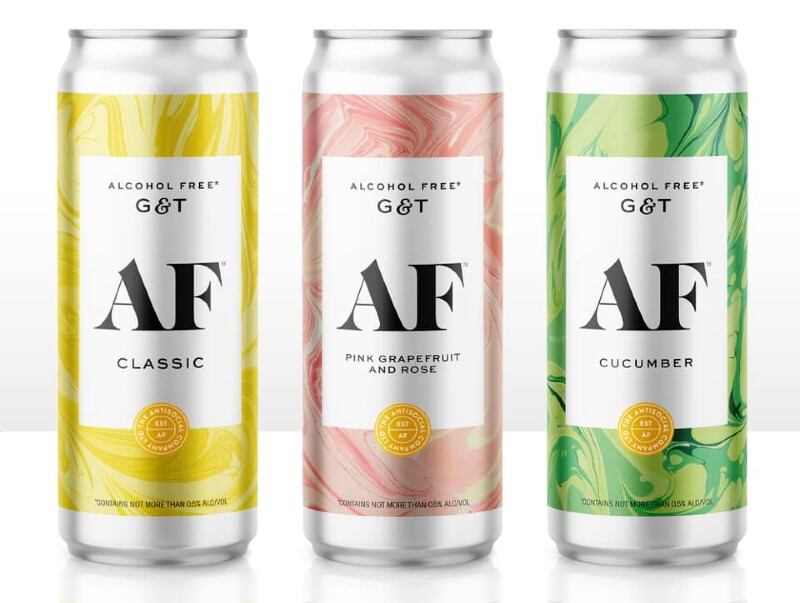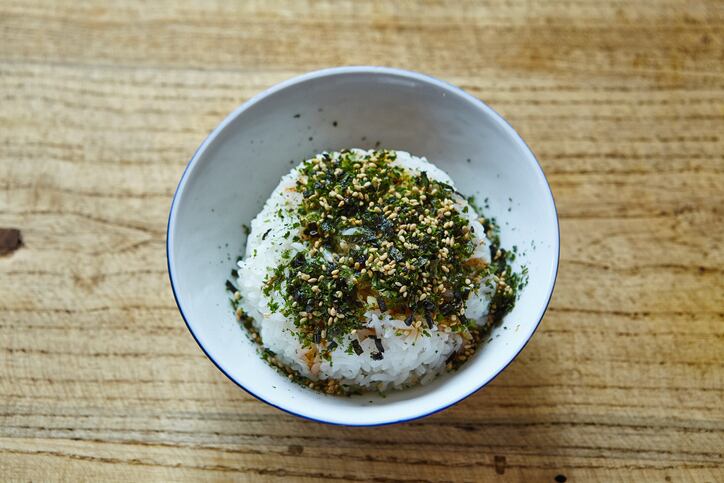Amino acid effect: Ajinomoto study reveals umami may reduce stress in people on low-sodium diet
A study by Ajinomoto has revealed that the addition of an umami substance can relieve some of the stress caused by lower food satisfaction in people on a low-sodium diet.
Provided in the form of free L-glutamate, this finding may encourage consumers to make healthier choices without sacrificing palatability and lead to the development of food products made with umami.
Typically, people on sodium-restricted diets such as hypertensive patients have difficulty maintaining their diet due to palatability issues, which could lead to stress.
Salt improves taste and palatability of foods, but also help preserve foods and aid in fermentation, making its reduction a major challenge for the food industry.
The addition of umami substances such as L-glutamate, an amino acid can help maintain food palatability yet contribute to a lower sodium content.
Lessons from COVID-19: Japan strengthens food security measures to prevent shortages in a crisis
The Japanese government is seeking to strengthen its food security measures in the wake of COVID-19 supply constraints to prevent product shortages in a future crisis.
According to the Japanese Ministry of Agriculture, Forestry and Fisheries (MAFF), the COVID-19 pandemic has brought about new risks threatening the local and global food supply which need to be addressed, including the strengthening of local food security measures.
“Throughout the COVID-19 pandemic, although there was no shortage of raw material supply in Japan, the production, manufacturing and distribution of food products could not keep up with the rapid changes in demand [at both a] commercial and household level,” MAFF said via a formal statement.
Fruit foray: Japan’s Calbee continues healthy NPD drive with trial sales of dried fruit snack
Japanese snack manufacturer Calbee is conducting a sales trial for a dried apple snack to test consumer interest in the country as it continues to explore healthier new product development.
Popular for its potato chips, shrimp crackers, cereals and pea snacks, the company is now selling the dried fruit snack on Calbee’s online as well as retail stores nationwide.
Satoshi Yoshida, public relations manager at Calbee, told FoodNavigator-Asia the company was surveying whether the dried apple products are well accepted in the market.
According to him, dried fruit snacks are still relatively new in Japan, and the company hopes to attract consumers who want a healthier snack option. Each bag of dried red apples (10g) contains 42kcal.
Cider blossoms: Japanese demand for Australian products on the rise despite challenging alcoholic regulations
Japanese consumer demand for Australian cider is on the rise due to flavour and packaging compatibility, but experts are also predicting a boom for domestic craft producers, despite a challenging regulatory environment.
The cider industry in Japan has been on the rise in recent months, not least propelled by importers traditionally dealing in wine imports looking to diversify their portfolios. Within this growth, ciders from Australia have emerged as a particularly popular choice for Japanese consumers.
“This rise in popularity is partially due to the apples used - unlike traditional ciders from England or France which use only cider apples and tend to have a more complicated or tannic taste, these ‘modern ciders’ from Australia use a blend of cider apples and culinary apples which make a lighter, crisper cider that is easier to drink,” local cider firm inCiderJapan owner and cider industry expert Lee Reeve told FoodNavigator-Asia.
“This form of cider has already been proven to be popular with the Japanese palate, plus the flavours are familiar and the apples easily attainable in Japan e.g. Fuji apples, Pink Lady apples, Gala apples and so on.
New normal? Meiji reports sales growth in sports nutrition and gummies, while functional yogurt and formula decline
Sales of sports nutrition, chocolates and gummies in Japan have increased for Meiji, while functional yogurt and formula sales have slumped in comparison to last year’s pandemic-induced spikes.
Net sales for the Japanese dairy giant was down 16.1 per cent to JPY$235.9bn (US$2.2bn), while operating profit declined 19.6 per cent to JPY$18.6bn (US$170m), the Japan-based dairy giant said in its FY2022 Q1 report for the month of April to June 2021.
The company, which also runs a pharmaceutical business, said its food business had suffered declines in sales and profits.
Net sales for its food business shrunk 18.2 per cent to JPY$199.8bn (US$1.8bn) and operating profit was down 17.5 per cent to JPY$19.4bn (US$177m).
The decrease in functional yogurt sales had “seriously impacted” operating profit, however, other food products, such as sports nutrition, functional chocolates, and medical foods reported growth, the firm said.





